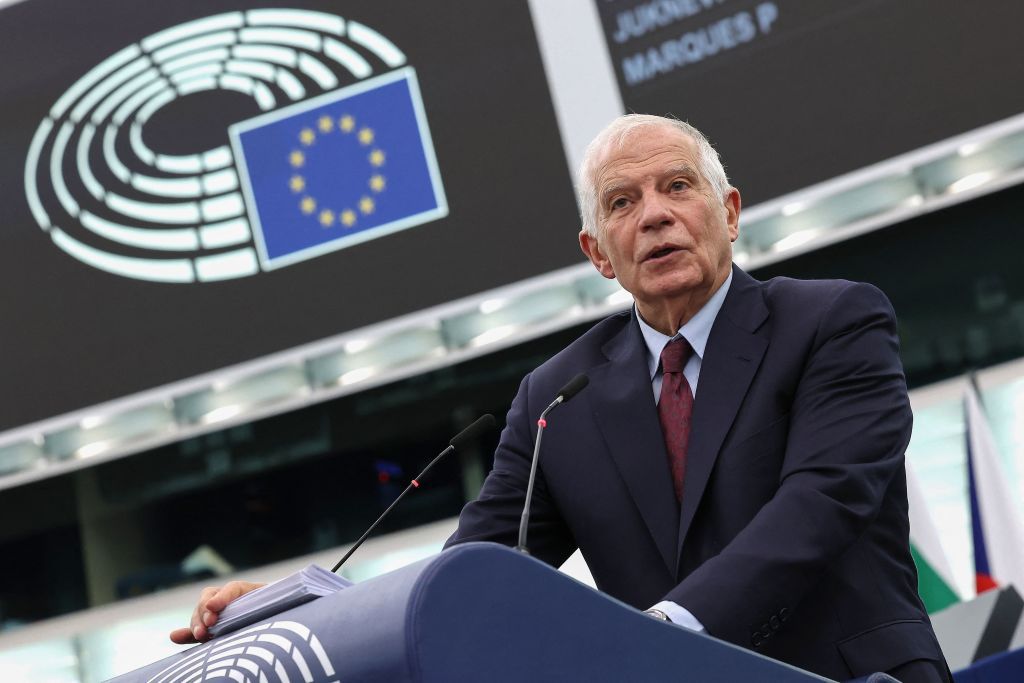EU extends economic sanctions against Russia for additional 6 months

The EU Council announced on Jan. 29 the prolongation of economic sanctions against Russia, imposed due to its aggression against Ukraine, until July 31.
"These sanctions, first introduced in 2014 in response to Russia's actions destabilizing the situation in Ukraine, were significantly expanded since February 2022 in response to Russia's unprovoked, unjustified, and illegal military aggression against Ukraine," the Council's press service said.
The European bloc first adopted sanctions related to Russian aggression on July 31, 2014, after Moscow occupied Crimea and launched war in Ukraine's Donbas region. The EU has significantly scaled up its sanctions after the full-scale invasion, adopting 12 major sanctions packages since Feb. 24, 2022.
The EU approved its latest sanctions package in December 2023, with the 13th package reportedly already in the works and expected to be unveiled in February.
Sanctions against Moscow encompass a broad array of economic areas, including restrictions on trade, finance, technology and dual-use goods, industry, transport, and luxury goods.
They further include a ban on Russian seaborne crude oil and certain petroleum products, cutting off Russian banks from the SWIFT international banking system, and suspending Russian propaganda and disinformation channels within the bloc.
Brussels also sought to crack down on Russia's ability to circumvent existing sanctions via third-party countries.












